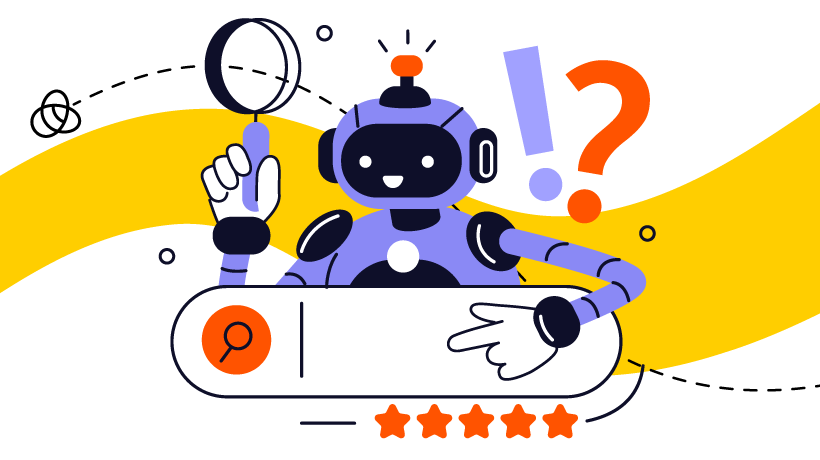Is SEO Still Relevant in the AI Era? Here’s What New Research Reveals
Introduction: The Rise of AI and SEO Doubts
With the explosion of AI-powered tools like ChatGPT, Perplexity, and Google’s AI Overviews, many marketers are asking the same question:

“Is SEO still relevant in 2025?”
The answer, backed by new research, is a resounding YES. A detailed analysis of 25,000 real user queries confirms that top-performing content on Google continues to influence AI-generated search results. So, despite the noise, Search engine optimization isn’t dead it’s evolving.
New Study: 25,000 Searches Prove Search engine optimization Still Matters
What the Research Shows
Conducted by Tomasz Rudzki, co-founder of ZipTie, the study analyzed how websites appeared in AI responses from:
- ChatGPT (via web search plug-ins)
- Perplexity AI
- Google AI Overviews (formerly Search Generative Experience)
The result?
Websites that rank #1 on Google appear in AI answers 25% of the time.
That’s a big deal.
Top Google Rankings Influence AI Search Results
The study revealed a consistent pattern across all major AI search platforms:
“The higher a page ranks in Google, the more likely it is to be featured in AI answers.”
This means traditional Search engine optimization strategies, like ranking on Page 1 of Google, still significantly influence your visibility in AI-driven environments.
What This Means for You
- Ranking in the Top 10 on Google is now a gateway to AI discovery.
- Top 3 rankings increase the likelihood of being cited in AI responses.
- Lower-ranking content? You’re likely invisible to both human and AI readers.
How AI Search Engines Select Sources
The 3-Step AI Search Process
Based on data from Google’s antitrust trial and Rudzki’s research, AI systems follow a three-stage selection model:
Step 1: Pre-Selection
AI identifies potential sources, starting with high-ranking pages on Google. Algorithms prioritize relevance, authority, and ranking.
Step 2: Content Extraction
The AI scans selected pages and extracts specific answers to the user’s question. It favors clear, concise, direct information.
Step 3: Synthesis
Using models like Google’s Gemini, the AI synthesizes these bits of data into one coherent, summarized answer.
Why Rankings Still Matter
According to internal Google documents:
“Using top-ranking content improves the factual accuracy and trustworthiness of AI responses.”
This reinforces the importance of Google’s ranking signals in the AI age.
Also Read: Writing SEO Blogs Faster with ChatGPT: A Simple Guide
The Query Fan-Out Effect: Why Lower Ranked Pages Sometimes Win
You may occasionally notice sources in AI answers that don’t appear in Google’s Top 10. That’s due to two main reasons:
1. Personalization
Search results are tailored per user, based on location, search history, and preferences.
2. Query Fan-Out
This technique, disclosed in Google’s documentation, explains how AI expands a single question into multiple subqueries. For example:
Original search:
“Search Engine Optimization vs. Search Engine Marketing”
Fan-out queries may include:
- “What is search engine optimization?”
- “What is search engine marketing?”
- “SEO vs SEM for small business”
- “Is SEM paid or organic?”
If your page answers any of these sub-questions better than others, AI might include you even if you didn’t rank for the original search term.
Traditional SEO vs. AI SEO: What’s the Difference?
Traditional SEOAI SEO (AI Search Optimization)Focus on keyword optimizationFocus on direct answers to questionsLong-form, in-depth guidesShort, precise, targeted responsesLink building & metadataStructured content and clarityRanking for a single keywordRanking for multiple subqueries
The shift is from writing for Google crawlers to writing for AI reasoning models.
To know more Read our Article



Comments
Post a Comment